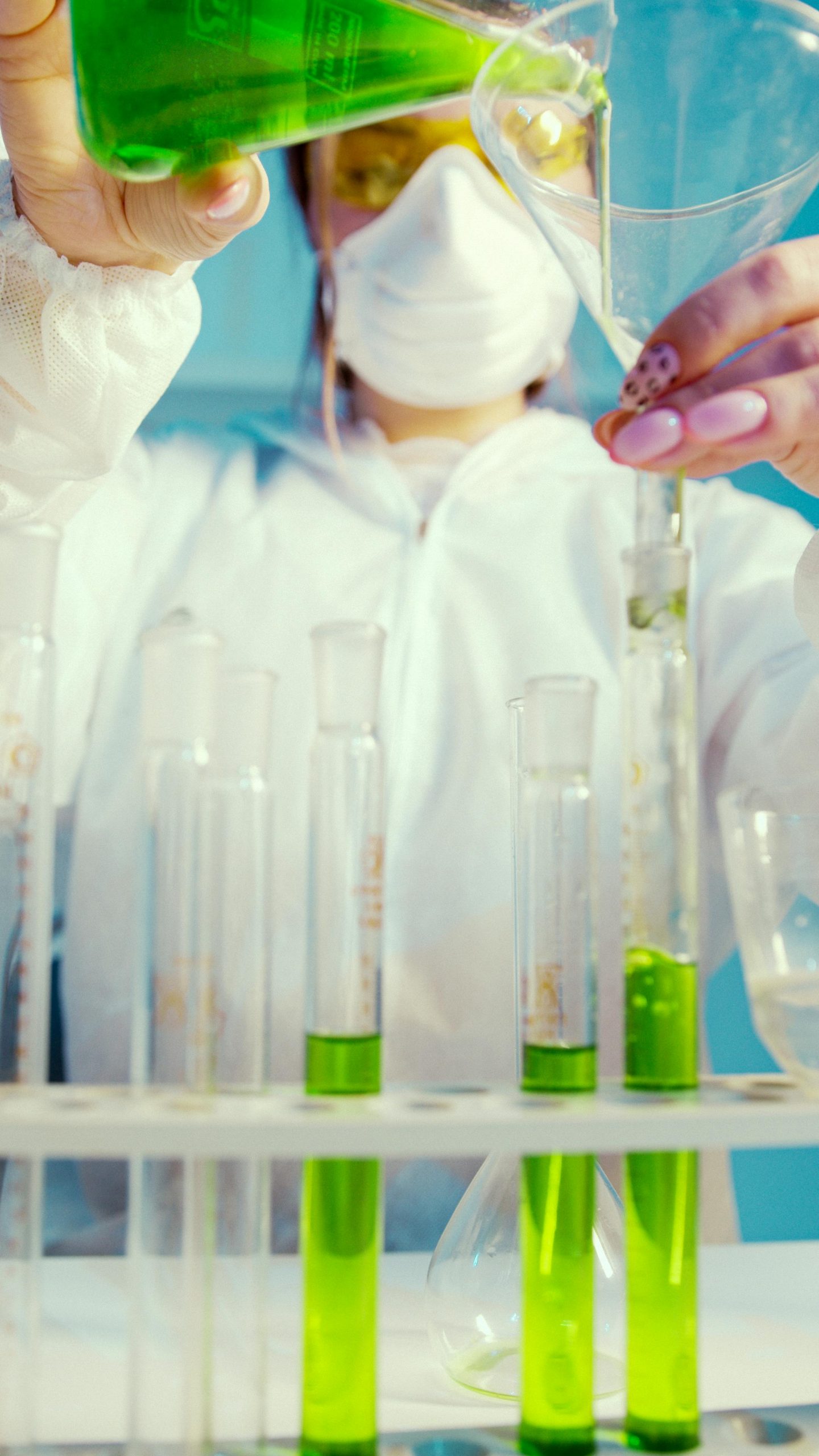The Controversy Surrounding Bio-Weapons Research: A Call for Global Accountability
In a recent statement, Robert F. Kennedy Jr. made headlines by accusing Dr. Anthony Fauci of reigniting the bio-weapons arms race. He contended that under the guise of vaccine development, Fauci’s initiatives facilitated the transfer of significant research activities abroad, notably to the Wuhan Lab, a facility that has been at the center of intense scrutiny and debate since the onset of the COVID-19 pandemic.
Kennedy’s assertion raises critical questions about the ethics and oversight of biomedical research, particularly in the context of national and global health. The development of vaccines is undoubtedly vital in combating infectious diseases; however, the implications of conducting research that borders on bioweapons technology cannot be overlooked. The fusion of medical innovation with potential military applications creates a murky territory that warrants rigorous examination and accountability.
Recently, the President of the United States announced measures aimed at halting such controversial research within American borders and ceasing funding to similar projects conducted overseas. This move signals a pivotal shift in policy and reflects growing public concern regarding the transparency and safety of bio-research initiatives.
Calls for accountability are increasingly echoing in legislative circles, as civil society expresses the need for clear regulations addressing how and where sensitive biological research is conducted. Proponents of stricter oversight argue that it is essential to establish a framework that thoroughly investigates the implications of these scientific endeavors. They stress that it is paramount to prioritize public health and ethical considerations in our pursuit of scientific advancements.
As the debate continues to unfold, it is essential for stakeholders—including scientists, policymakers, and the public—to engage in open discourse around the responsible conduct of bio-research. Understanding the potential risks and benefits of such work is crucial, not just for national security, but for the global health landscape.
In conclusion, as we navigate a post-pandemic world, the issues raised by Kennedy and others should serve as a catalyst for reform. Moving forward, the emphasis must be on ensuring that scientific exploration, particularly involving pathogens and bioengineering, is conducted transparently and ethically. The health of populations worldwide depends on it.
Let us aim for a future where innovation and responsibility go hand in hand, ensuring that the advancements we embrace do not come at the expense of safety or ethical standards.



